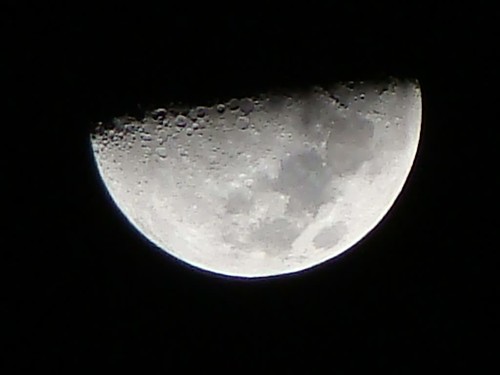
SPACESTAKING
Taking Green a Giant Step Farther
| articles |
| about us |
| lunar challenge |
| photo gallery |
| contact |
| Opinion: Politics and Space at Odds |
|
Clearly, politics plays a large role in the U.S. civil space program. This is particularly true in the area of human space flight. NASA certainly has the expertise and experience to build satellites and rockets that perform as planned and are completed on time and within budget. However, politicians have imposed a complex set of superfluous constraints on human space flight programs. Take the International Space Station (ISS), for example. Here is a monster of a program that has been in the works for almost 20 years. It is not yet complete. Soon the U.S. will have no way to get astronauts to and from the station after the retirement of the Space Shuttle in 2010. The U.S. is even talking about phasing out of the program before it is finished and the U.S. taxpayers have paid tens of billions of dollars for the ISS so far. There is simply no technological or economical way to justify this expense, but there was a political rationale behind our participation in the ISS. Here is the open secret: NASA is no longer the leading-edge space agency it was in the Apollo and Shuttle eras. Then, the goals were scientific exploration and technological advancement for the good of humanity-firmly supported by the national leadership and by the American public. NASA was a strategic element in our national security, national pride, international standing and technological and economic well-being. Today, NASA is in danger of becoming largely a political conduit through which Congress passes money for politically expedient jobs programs. We are about to retire the most magnificent flying machine ever built in exchange for an Apollo-like throwback that is underpowered and expendable. There is no logical reason for this decision. Furthermore, for the first time since America won the "space race" we will be without human access to space. It will take years to develop a viable replacement and in this time of fast-evolving technology and economic uncertainty, catching up may not be possible. At this critical point in our nation's aeronautical and astronautical history, NASA needs a strong, clear-headed, thoughtful leader. And it needs that leader now, not just for the agency, but for our nation. |
Related News |
NASA's Acting Director
|

